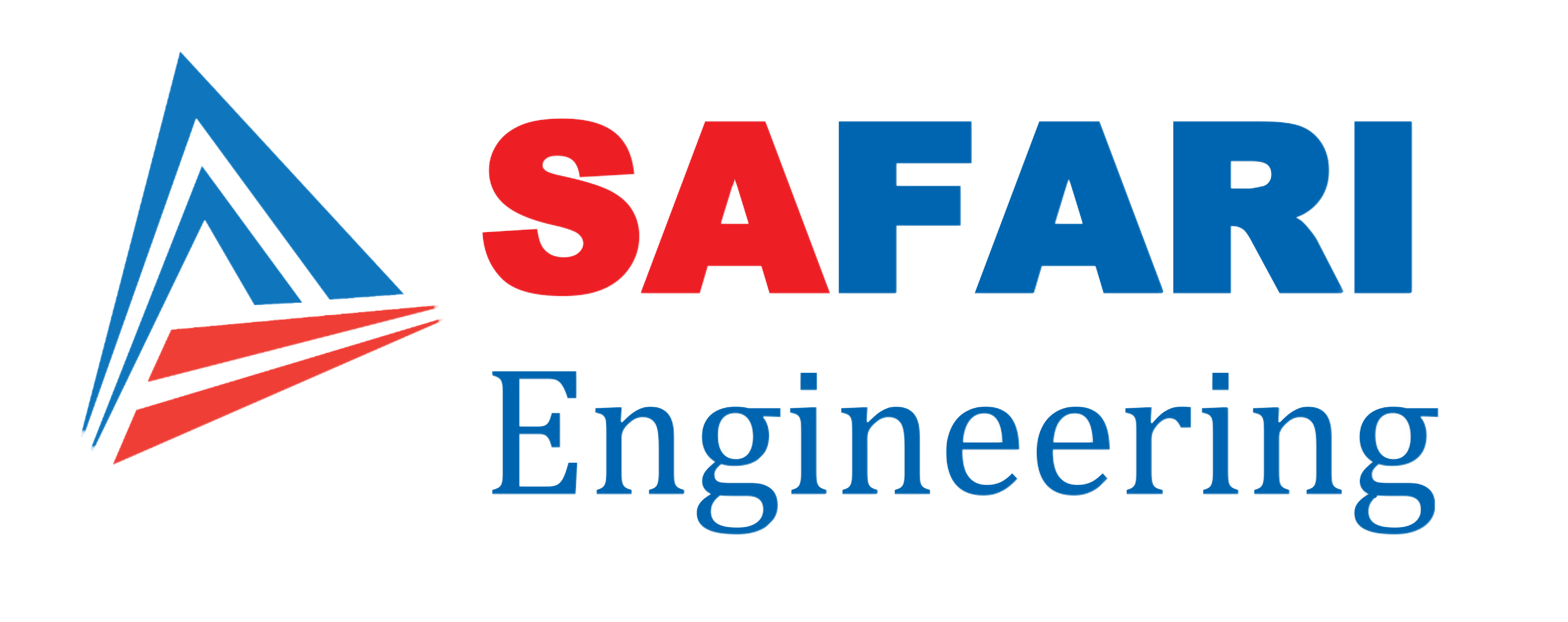What is Local Law 87?
As part of New York City’s Greener, Greater Buildings Plan, Local Law 87 requires buildings with a gross floor area of greater than 50,000 square feet to undergo an energy audit and retro-commissioning every 10 years. The key components of Local Law 87 include:
- Energy Audit – An assessment of a building’s energy performance for the purpose of identifying potential energy-saving measures.
- Retro-Commissioning – An assessment of the building’s existing systems to ensure they are operating efficiently.
- Energy Efficiency Report – An Energy Efficiency Report (EER) must be submitted to the Department of Buildings (DOB) by the deadline provided. This report must include the results of the energy audit and retro-commissioning study.
Local Law 87 Deadlines
The compliance deadline year is determined by the last digit of the building’s tax block number. If the block number ends in ‘3’ that indicates the report is due in 2013, similarly a number ending in ‘4’ would indicate 2014, and so on. After filing the initial report on the designated due date, Local Law 87 NYC requires that the building files an energy efficiency report every 10 years.
| Year first EER is due | 2013 | 2014 | 2015 | 2016 | 2017 | 2018 | 2019 | 2020 | 2021 | 2022 |
|---|---|---|---|---|---|---|---|---|---|---|
| Last digit of tax block number | 3 | 4 | 5 | 6 | 7 | 8 | 9 | 0 | 1 | 2 |
Local Law 87 Requirements
Local Law 87’s energy audit and retro-commissioning process requires the following:
- Determine if your building needs to comply, and identify the deadline for compliance.
- Hire a qualified retro-commissioning professional who has experience with Local Law 87. They should be certified by the Association of Energy Engineers (AEE), the Building Commissioning Association (BCA), or another approved organization.
- Conduct an energy audit and retro-commissioning of the building’s core systems.
- File an Energy Efficiency Report (EER) electronically.
- Submit the EER once every ten years by December 31.
As the leading providers of energy code compliance services, we have helped hundreds of buildings comply with Local Law 87. We possess an in-depth understanding of legal requirements and have a proven history of delivering cost-effective yet meaningful building improvements. Need help with Local Law 87 compliance? Safari Engineering is prepared to assist you throughout the process today.

Local Law 87 Fines
Failure to submit an Energy Efficiency Report (EER) is a Major (Class 2) violation, which may result in a penalty of $3000 in the first year and $5000 for each additional year until the EER is submitted to the department. The NYC DOB will not accept any outstanding EER submissions if outstanding penalties are not paid in full.
Frequently Asked Questions
A Local Law 87 violation typically occurs when a building owner does not meet the deadlines or requirements set by the law. This can include failure to submit energy efficiency reports, missing submission deadlines, or not implementing any required measures following retro-commissioning.
Building owners in New York City are required to follow the specific timelines and guidelines outlined in Local Law 87 to avoid violations and penalties. Violations can result in fines and other legal consequences, so it’s essential for building owners to stay informed about their obligations under the law and ensure compliance.
Local Law 87 primarily focuses on energy audits and retro-commissioning for existing buildings 50,000 square feet or more, while Local Law 97 applies to buildings that are 25,000 square feet or larger and focuses on limiting greenhouse gas emissions.
Buildings that are required to undergo audits and retro-commissioning include the same private sector buildings that must benchmark under Local Law 84: buildings larger than 50,000 square feet, and two or more buildings on a single lot that are larger than 100,000 square feet. The Covered Buildings List for Compliance is updated every year and can be found on the NYC DOB website.
Owners of covered buildings as designated by the Covered Buildings List must submit their Energy Efficiency Reports (EER) to the City by December 31 of the year they are due, once every ten years.
